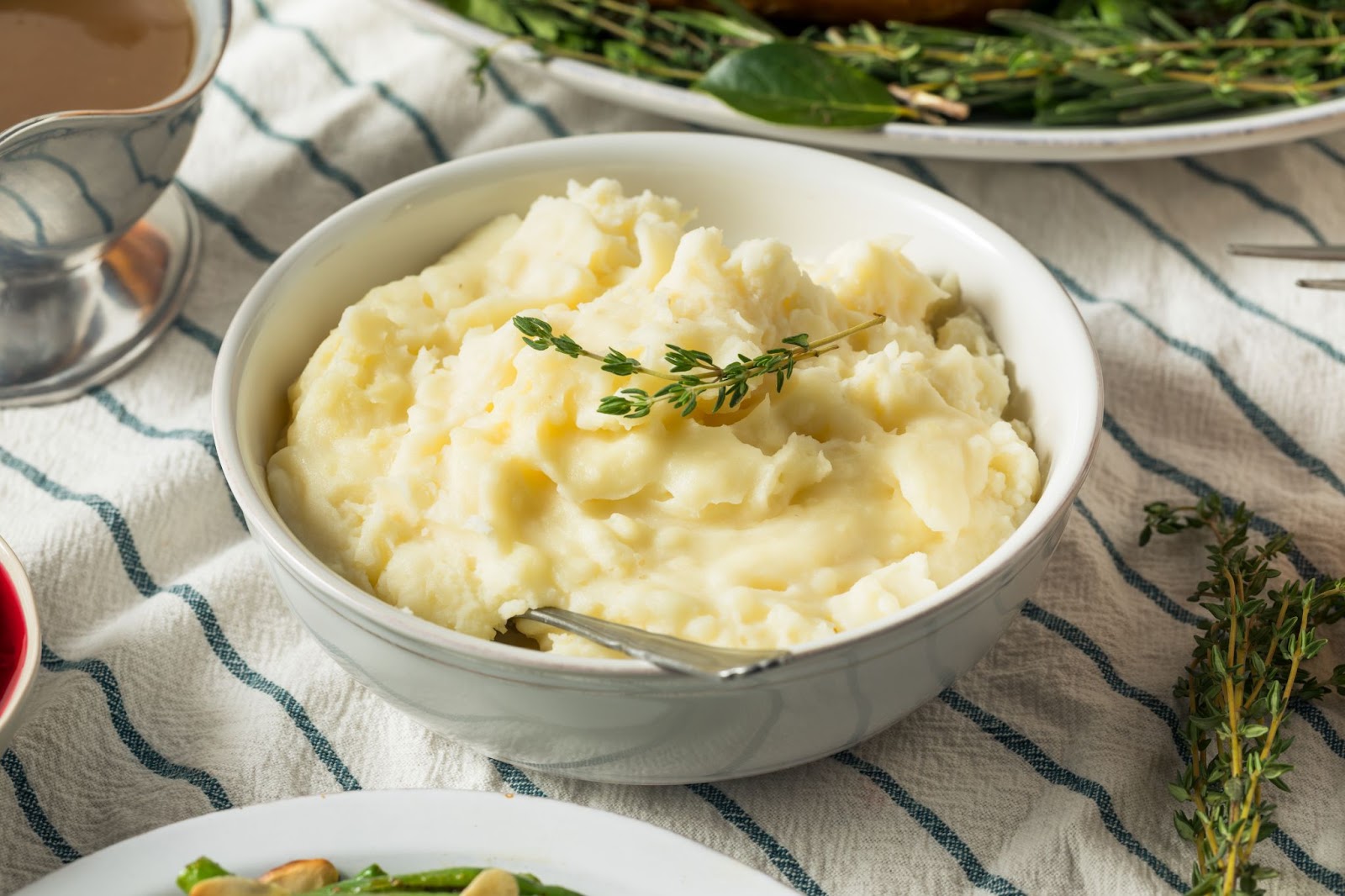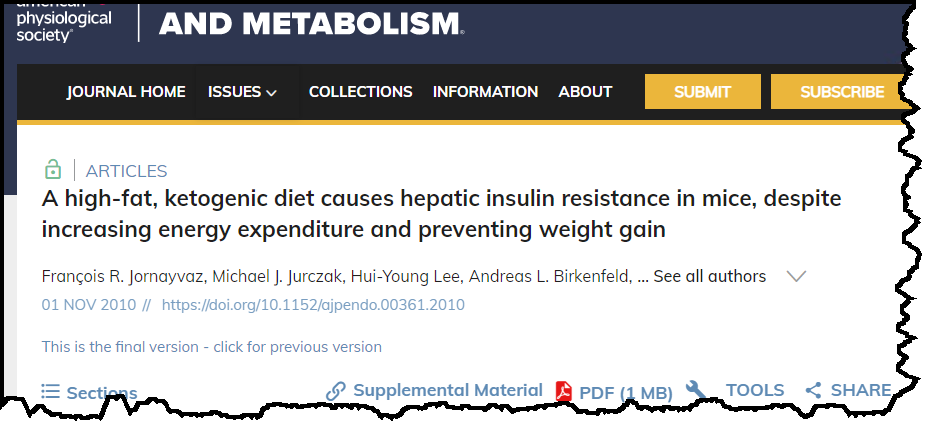
They taste amazing and help men this way…

Story-At-a-Glance
Matt Cook here, and I’ve been studying men who are living to 110 and 120…
And they’re all eating foods that the so-called gurus say not to eat.
But most of these gurus, like Euell Gibbons and Dr. Atkins – they died early, at 64 and 72 respectively.
So who would you rather follow?
Them, or the guys living to 120 eating these delicious foods?
I’ve chosen my path… and this is why…
—-Important Message From Jesse Cannone—-
In pain? Read this and get your life back

I’m Jesse, founder of The Healthy Back Institute®, and in the past 10 years I’ve personally helped over 165,385 people in 85 countries…
…free themselves of the shackles of back, neck and other pain.
And I’ve done so with all-natural, 100% safe, innovative and sometimes controversial pain relieving methods.
I’ve been featured in dozens of newspapers and magazines such as Entrepreneur Magazine… numerous radio programs… thousands of websites and even as a featured pain expert on NBC!
And right now, I’d like to share with you the top three dirty little secrets the “pain relief” industry is trying to hide from your eyes (along with the only pain solution you’ll ever need)
———-
Why I’m eating more mashed potatoes
Some things that SEEM good for you are actually terrible for your body.
Historically, we’ve thought that leeches and bloodletting seemed like the right thing to do.
But now we know that those things are terrible ideas.
A lot of modern “diets” fall into this category.
They get results for a while.
They SEEM healthy and like they would be good for you, but they do damage to your body.
I think there are very few things that are more damaging than the current trend of high-fat, ketogenic diets.
These things CAN help you lose weight.
And they feel like they are healthy, but in reality they are extremely damaging.

In this study, the researchers used mice and fed them regular or high fat ketogenic style diets.
Like humans, the mice on the ketogenic diets lost weight and were about 15% lighter.
But there was a big problem…
This type of diet led to severe insulin resistance – a key indicator of diabetes.
Using hyperinsulinemic-euglycemic clamps, we studied insulin action in mice fed a KD or regular chow (RC). Body composition was assessed by 1H magnetic resonance spectroscopy. Despite being 15% lighter (P < 0.001) than RC-fed mice because of a 17% increase in energy expenditure (P < 0.001), KD-fed mice manifested severe hepatic insulin resistance, as reflected by decreased suppression (0% vs. 100% in RC-fed mice, P < 0.01) of endogenous glucose production during the clamp.
It’s understandable that people turn to these types of high-fat ketogenic diets.
Traditional calorie restricted diets are VERY tough to follow.
Although caloric restriction promotes weight loss, long-term compliance with most diets is poor. In this regard, ketogenic diets (KD) have been suggested to be more efficacious than conventional caloric restriction by promoting a reduction in hunger.
And many people find ketogenic diets easier to follow, at least for a while.
But insulin resistance isn’t worth it. At least not to me.
Ketogenic diets have another problem as well.
In the same study, the researchers found the mice with the ketogenic diet LOST lean body mass.
However, consistent with the decrease in body weight, total lean body mass was significantly decreased by 16% in the KD-fed mice, whereas total body fat was similar between groups.
Lean body mass is your muscles and your organs and it’s incredibly important to maintain lean body mass in order to have good health.
Also, losing lean body mass means that you will probably gain a lot of weight back once you go off of the high-fat, ketogenic diet.
So, if calorie restriction is tough to follow and ketogenic diets are really bad for you, what should you do?
The answer is weirder than you think…
I’ve had a lot of success personally and with my students with a high-carb, high dairy, low-fat approach.
It sounds weird, because it’s all the things we were taught NOT to eat by the “health gurus.”
But it’s the approach I follow. I eat a ton of calories and it works.
Regardless of the approach you follow, it’s a good idea to lower the overall fat in your diet and eliminate the PUFA fats.
Those are the seed oils like canola, soy, and most vegetable oils.
Instead, use a tiny amount of coconut oil and butter in your diet.
You’ll likely be a lot healthier if you cut out most of the fat.
—-Important Message From Matt About Burning Fat—-
How to eat 2,000+ calories a day and not get fat
Take a look at the Harapeko twins from Japan:

See how thin they are?
Believe it or not, these little girls are two of the world’s greatest eating champions!
They routinely consume up to 6,000 calories in a single meal – and they don’t get fat.
Their secret is a hot, high metabolism.

And you too can have a hot, high metabolism and freely eat what you want without worrying about gaining fat.
———-

